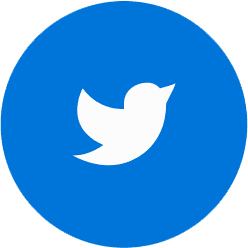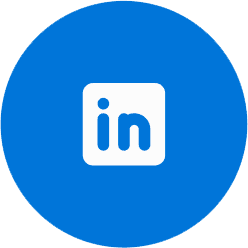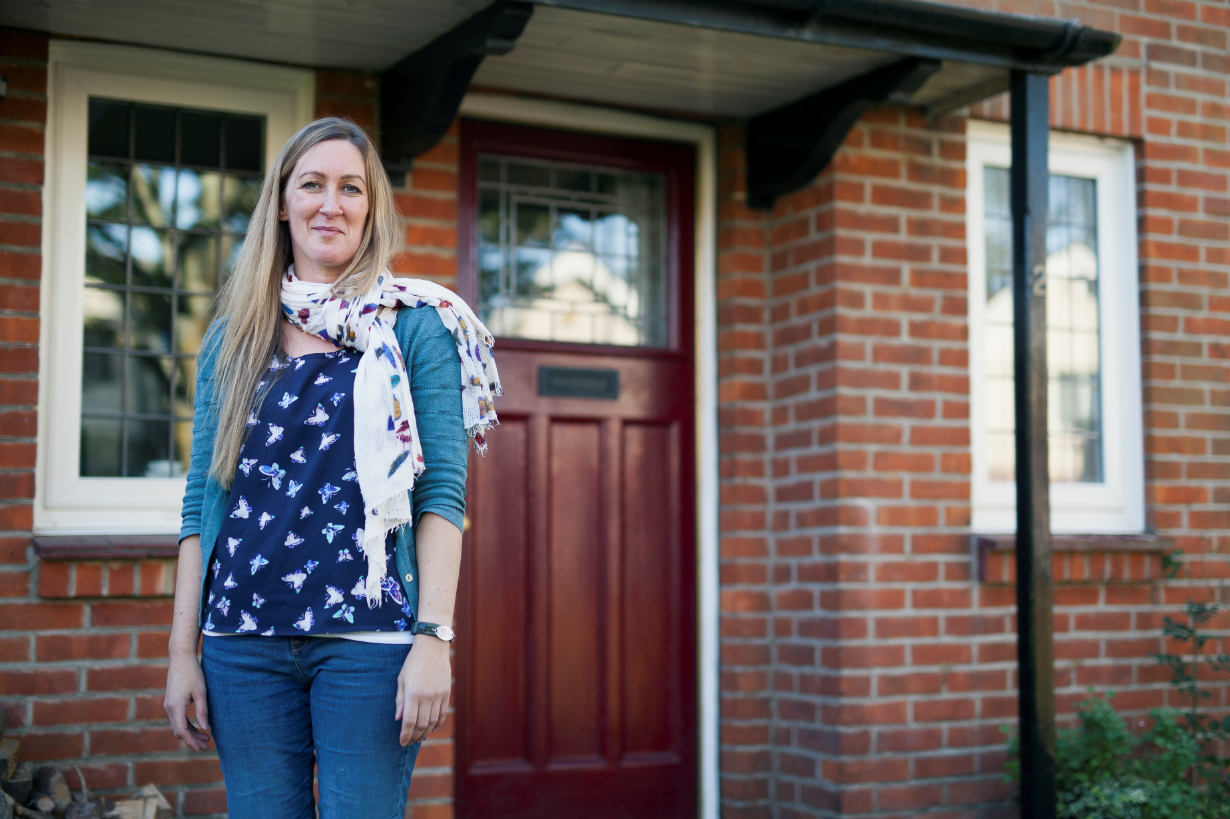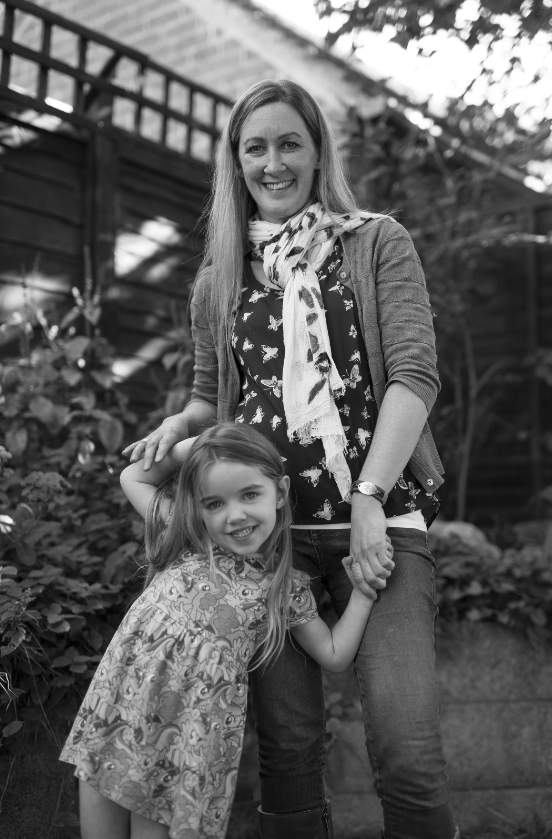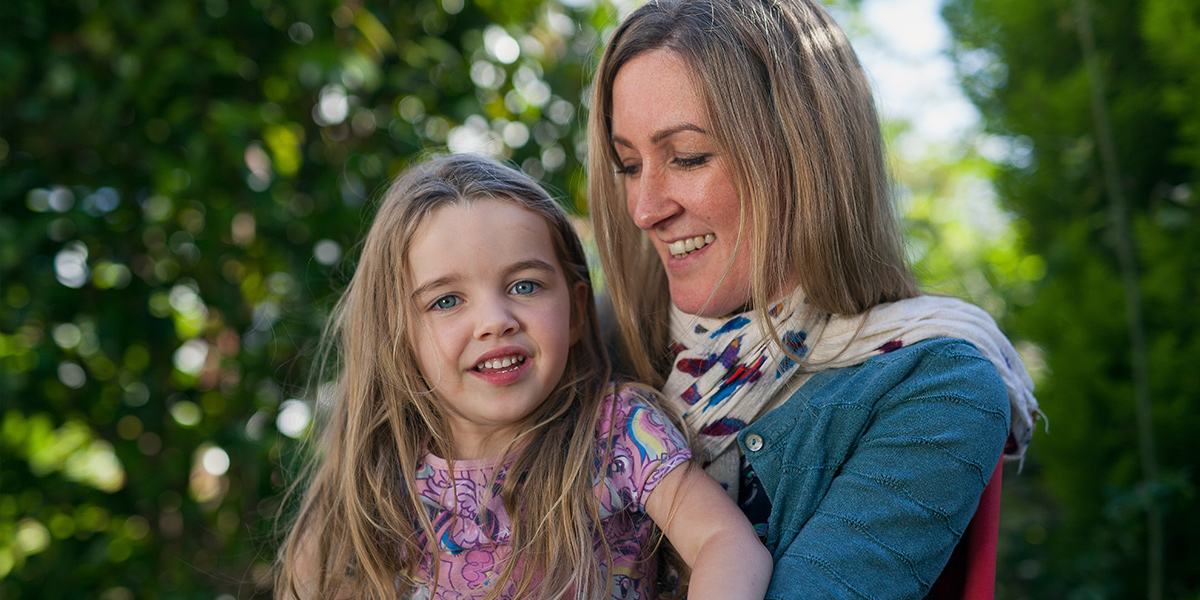
Sam, Age 37
Southampton, UK
As a teenager, Sam was very active, doing everything from ballet to sailing. But she often had hip pain and was chronically tired. She went to doctors often, but was always told that she was fine. In her early twenties she took up horseback riding, but noticed that she never had the strength in her legs to get up on the horse like the other riders. And that after a minute or two of cycling her legs would give out. Still, Sam did not realize there might be a disease behind these issues. “I just thought I wasn’t very good at stuff,” she says.
Then one late night Sam lost her vision and it didn’t return for ten minutes. This terrifying experience led Sam on a journey to finally being properly diagnosed. The diagnosis was devastating at the time, and Sam was sent into a place of great darkness. But with the support of her family and her partner, Stuart, and the strength of her own inner light, Sam has now come into a new relationship with her body and Pompe. “Now I know it’s not me that’s the problem, it’s the disease.”
One of the biggest ways Sam gets on with her life is by going to yoga regularly. “I could go on and on about yoga,” she says, laughing. “I feel much kinder towards my body now. I don’t think my body is rubbish anymore. Just because some parts don’t work doesn’t mean other parts don’t.”

